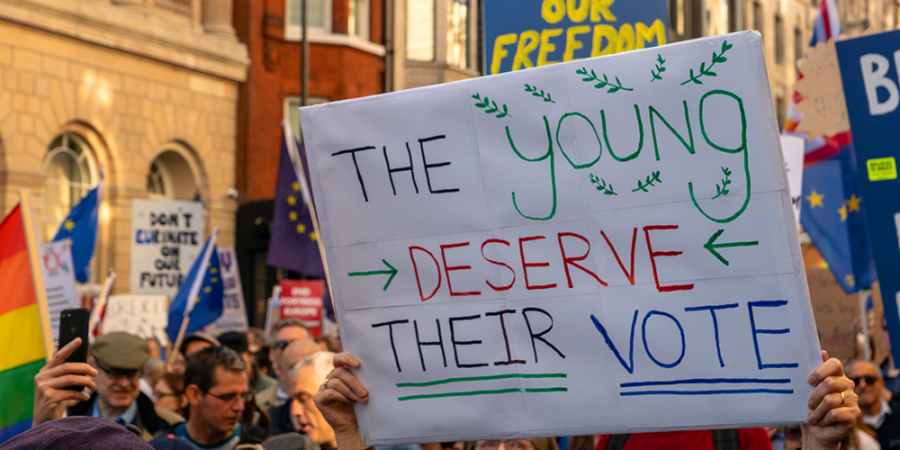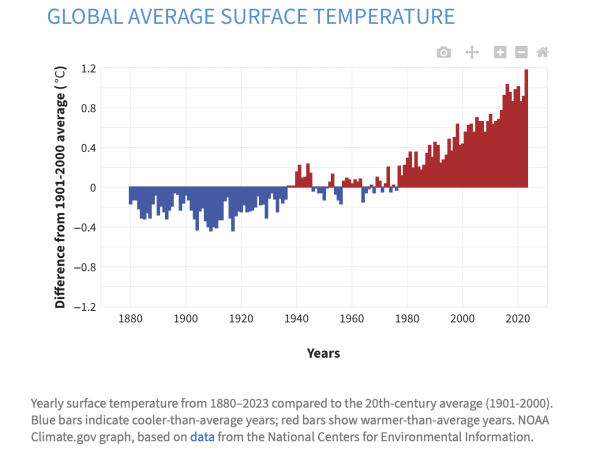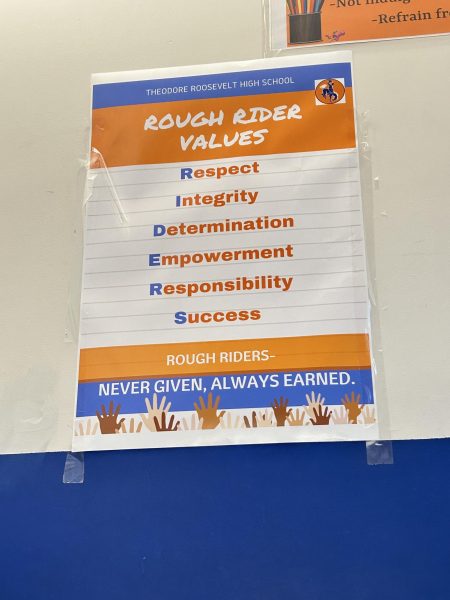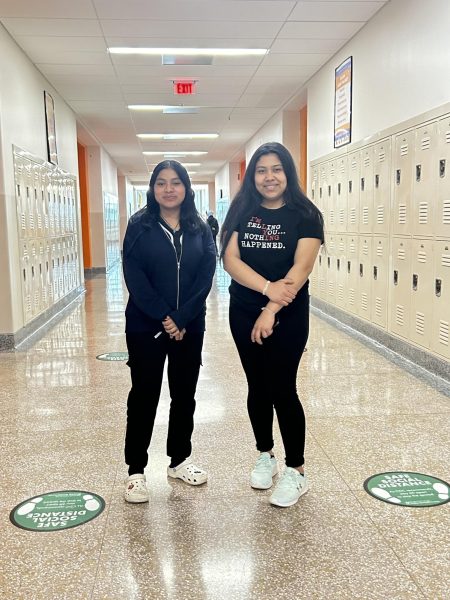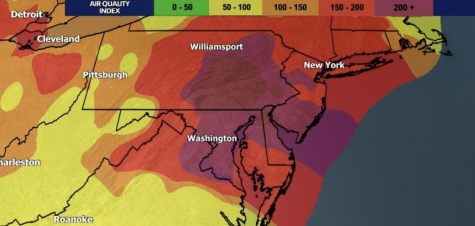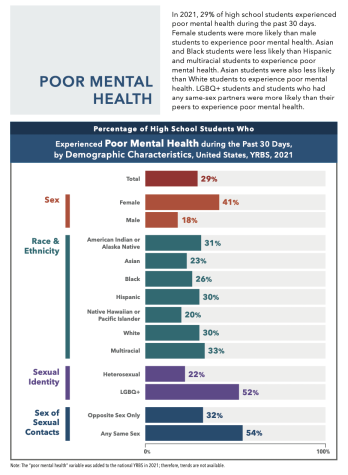US Representatives consider voting rights for youth
April 9, 2023
U.S Representative Grace Meng has proposed legislation that would lower the voting age from 18 to 16.
The New York Democrat introduced this amendment to the Constitution in 2018, but it never came up for a vote in the House or Senate, so she reintroduced it in January after her reelection. The last time the voting age was lowered was in 1971 when it went from 21 to 18.
“I just recently turned 16 and I am very passionate about who represents me,” sophomore Andrew Thomas says. “I wish had the right to vote as of right now.”
Teens can have a great impact in our country’s politics; they now advocate for the things they stand for and protest to create change.
“Sixteen- and 17-year-olds are legally permitted to work, drive and they also pay federal income taxes” Meng reasons. “They are contributing members of our society and I believe it is right and fair to allow them to vote in our elections.”
Locally in Washington, D.C., there are students who are 16 and wish to participate in voting for their representative. Students over the age of 16 from different schools wish to vote.
“I am a very picky person, I would like to be able to choose who is representing me,” says District of Columbia International School junior Ian R Kelly. “I would like the someone in power to be someone whose ideals correspond with mine.”
A similar bill has been proposed in D.C. at least twice but has not passed. However, five Maryland cities in the surrounding suburbs of D.C. have successfully lowered the voting age for local, but not national, elections.
“The policy has proven to be a success, with 16- and 17-year-old voters turning out at higher rates than older voters, and with local leaders reporting young people engaging with city government in new ways,” according to Vote16USA, a national non-profit helping to organize these efforts.
Another DCI Student Jon Zengo-tiataten-bengo says, “I truly wish to have the opportunity to be able to vote, not just for local government but for more important figures like the president.”
Along with the power of voting, should also come the responsibility of education. Teens need to know about the person they are voting for and what they represent and plan to do while in power.
Girls Global Academy student Yarisbel Peña expresses her concerns with this proposed new law: “I think that for there to be change, there needs to be more education about it because you can’t just put a person to do something that they know nothing about.”
Democrats are backing this legislation in part because it would boost votes for issues of concern to their party, like climate change and gun violence, according to this Fox News article. And voter turnout is key to winning elections.
In the 2022 mid-term elections, voter participation was 45% percent of the eligible voters according to pew research, which was lower than the 2018 elections. With teens possibly being able to vote, this raises the question: would they take voting seriously or would they be like the other 55% – dismiss the idea and not vote at all?

